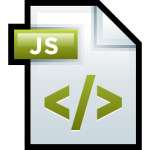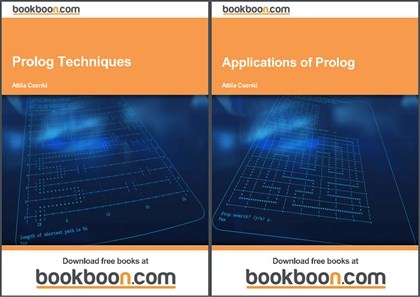Every now and then I do a “Language of the Month” feature when I spend one month to learn a new programming language. This last month in November I’ve spent with Rust, and it’s time to take stock. Will look at the impression I had in this short time, show one project that I get done in Rust, and some ideas what I’d like to do with Rust in the future!
Experience
According to my time log, I have spent about 20 hours this month learning Rust. That’s way too little to have a good understanding, but definitely enough to have some educated guesses (and excitement, and horror , as appropriate). This time I’m generally very impressed as Rust comes across as indeed a very modern and smart language, although that modernness is mostly in the tooling and non-essential parts. It is also changing very quickly, for good and bad. Here are some, admittedly subjective and incomplete list of observations. Good is what I like, Bad what’s less nice IMHO, and Ugly is what’s imperfect or confusing (at this stage of my Rust learning):
Good
It’s great to see that documentation is a not an afterthought, but a core part, that is making use a lot of modern development experience. Having a standard way to include example code in docstrings and actual tests are run on them to make sure the examples are also up-to-date with the code is a very cool concept. Also being able to auto-generate HTML documentation from the code is probably going to be standard in most new languages (I think Go does that also, and other languages have gained similar optional tools)


